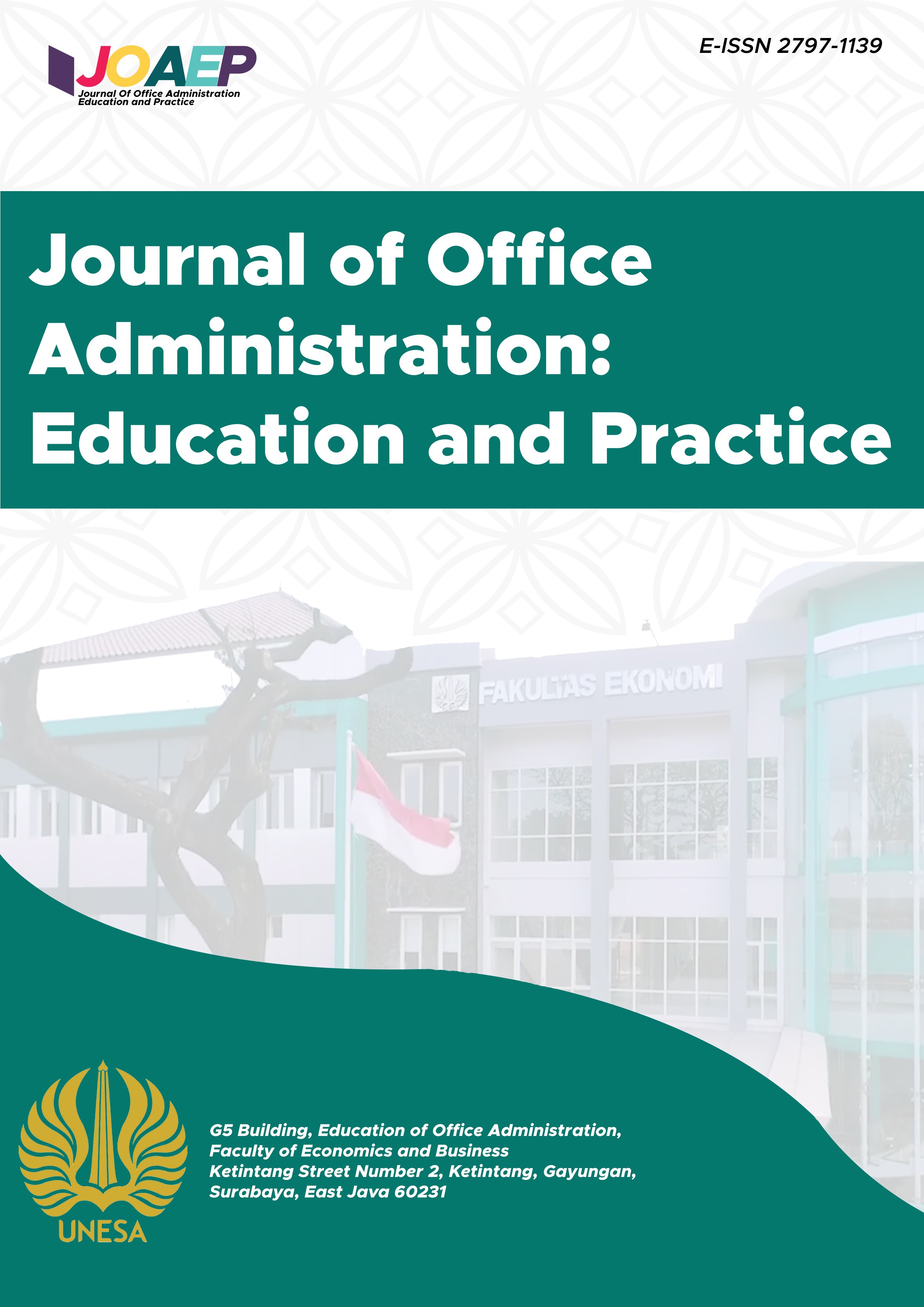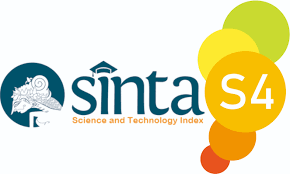Epistemological Paradigms in Positivism, Interpretivism, and Action Research in Educational Research: A Literature Review
DOI:
https://doi.org/10.26740/joaep.v3n3.p214-224Keywords:
Educational Research, Positivism, Interpretivism, Action ResearchAbstract
This study elaborates the three prominent paradigms in educational research: positivism, interpretivism, and action research. I epistemologically elucidate these paradigms through literature reviews, offering insights and critiques. Positivism emphasizes empirical explanation, typically focusing on observable behavior. Interpretivism highlights contextual understanding. Action research emphasizes participation and dialectical processes. The result of this study does not claim that there is only one best approach to educational research. However, it provides a philosophical overview of each paradigm.
Downloads
References
Al-Habil, W. I. (2011). Positivist and phenomenological research in American Public Administration. International Journal of Public Administration. https://doi.org/10.1080/01900692.2011.615554
Awa Uduma, I., & Sylva, W. (2015). a Critique of the adequacy of positivist and interpretivist views of organisational studies for understanding the 21 St century organisation(S). International Journal of Business and Management Review.
Bargal, D. (2008). Action research: A paradigm for achieving social change. Small Group Research. https://doi.org/10.1177/1046496407313407
Bogdan, R., & Knopp, S. (2003). Qualitative research for education : An Introduction to Theory and Methods. In Qualitative Research.
Brannick, T., & Coghlan, D. (2007). In defense of being "native": The case for insider academic research. Organizational Research Methods. https://doi.org/10.1177/1094428106289253
Brydon-Miller, M., Greenwood, D., & Maguire, P. (2003). Why Action Research? In Action Research. https://doi.org/10.1177/14767503030011002.
Carr, W., Kemmis, S. (2004). Becoming Critical: Education, Knowledge, and Action Research. Taylor & Francis.
Cohen, L., Lawrence, M., & Morrison, K. (2011). Research Methods in Education. Seventh Edition. In Research Methods in Education.
Cohen, L., Manion, L., & Morrison, K. (2017). Research methods in education. In Research Methods in Education. https://doi.org/10.4324/9781315456539
Crotty, M. (1998). The foundations of social research: meaning and perspective in the research process. In Sage.
Dardis, A. (2012). Metametaphysics: New essays on the Foundations of Ontology edited by David J.Chalmers, DavidManley, and RyanWasserman. https://doi.org/10.1111/j.1467-9973.2012.01754.x
Dörnyei, Z., & Griffee, D. T. (2010). Research methods in applied linguistics. TESOL Journal. https://doi.org/10.5054/tj.2010.215611
Feldman, A. (2007). Validity and quality in action research. Educational Action Research. https://doi.org/10.1080/09650790601150766
Gergen, K. J. (2003). Action research and orders of democracy. Action Research. https://doi.org/10.1177/14767503030011004
Guba, E. G. (1981). Criteria for assessing the trustworthiness of naturalistic inquiries. Educational Communication & Technology. https://doi.org/10.1007/BF02766777
Hammersley, M. (2007). The issue of quality in qualitative research. International Journal of Research and Method in Education. https://doi.org/10.1080/17437270701614782
Jean Lee, S. K. (1992). Quantitative versus qualitative research methods - Two approaches to organisation studies. Asia Pacific Journal of Management. https://doi.org/10.1007/BF01732039
Johnson, R. B., & Onwuegbuzie, A. J. (2004). Mixed methods research: a research paradigm Whose Time Has Come. Educational Researcher. https://doi.org/10.3102/0013189X033007014
Kivunja, C., & Kuyini, A. B. (2017). Understanding and applying research Paradigms in Educational Contexts. International Journal of Higher Education. https://doi.org/10.5430/ijhe.v6n5p26
Kuhn, T. S., & Hawkins, D. (1963). The structure of scientific revolutions. American Journal of Physics. https://doi.org/10.1119/1.1969660
Lee, A. S. (1991). Integrating positivist and interpretive approaches to organizational research. Organization Science. https://doi.org/10.1287/orsc.2.4.342
Lewis, M. W., & Grimes, A. J. (1999). Metatriangulation: building theory from multiple paradigms. Academy of Management Review. https://doi.org/10.5465/AMR.1999.2553247
Lincoln, Y. S. (1995). Emerging criteria for quality in qualitative and interpretive research. Qualitative Inquiry. https://doi.org/10.1177/107780049500100301
Lincoln, Y. S., & Guba, E. G. (1985). Establishing trustworthiness. In Naturalistic Inquiry.
Mackenzie, N., & Knipe, S. (2006). Research dilemmas: Paradigms, methods and methodology [Electronic Version]. Issues In Educational Research.
O'Brien, R. (1998). An overview of the methodological approach of action Research.
Pham, L. (2018). A Review of key paradigms: positivism, interpretivism and critical inquiry. ResearchGate.
Rauch, F., Schuster, A., Stern, T., Pribila, M., & Townsend, A. (2014). Promoting change through action research. In promoting Cchange through action research. https://doi.org/10.1007/978-94-6209-803-9_1
Reason, P., & Torbert, W. R. (2001). Toward a transformational social science: a further look at the scientific merits of action research. Concepts and Transformations.
Tan, O.S., Parsons, R.D., Hinson, S.L. & Brown, D. S. (2011). Educational Psychology. A Practitioner-Research Approach. An Asian Edition.
Tekin, A. K., & Kotaman, H. (2013). The Epistemological perspectives on action research. Educational and Social Research.
Toledano, N., & Anderson, A. R. (2020). Theoretical reflections on narrative in action research. Action Research. https://doi.org/10.1177/1476750317748439
Walker, M. (2007). Action research and narratives: "Finely aware and richly responsible." Educational Action Research. https://doi.org/10.1080/09650790701314999
Downloads
Published
How to Cite
Issue
Section
 Abstract views: 3304
,
Abstract views: 3304
, PDF Downloads: 3056
PDF Downloads: 3056











